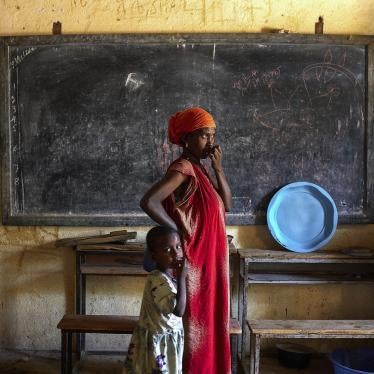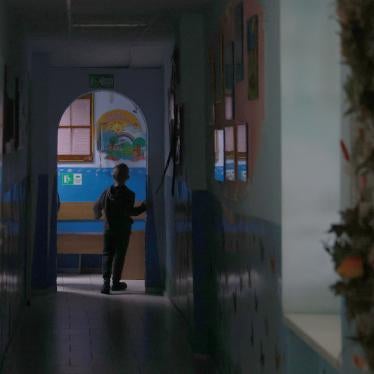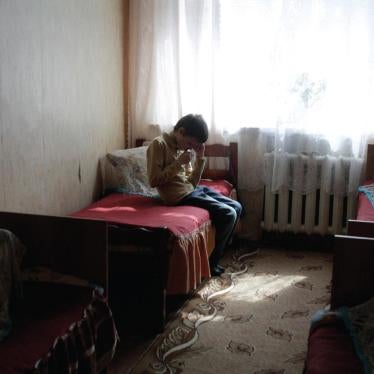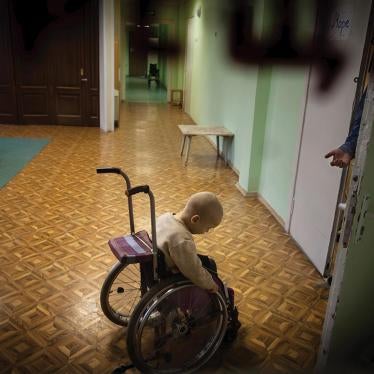When Alexei approached a local government agency in St. Petersburg about fostering Timofei, a 14-year-old orphan with cerebral palsy, officials were blunt: “You won’t manage. And anyway, a child with a disability will never live a full life.”
But Alexei, who first met Timofei while working as a volunteer in the orphanage where the boy was living in 2011, persisted. He arranged with the orphanage director for Timofei to live with him temporarily while he formally applied to foster him. He also secured surgery and rehabilitation for Timofei to learn to walk.
This year, it was made official. “I’ve finally become Timofei’s foster father!” Alexei told me recently on the phone.
But, as Russia celebrates the Day of the Family on July 8, Alexei and Timofei’s story is a stark reminder of how far this country has to go in supporting vulnerable children and families. “It is happy news,” Alexei told me, “But we still face one obstacle after another.”
Timofei would like to attend a mainstream school for children with and without disabilities because he wants to be just like other kids. However, only a specialized school exclusively for children with developmental disabilities employs specialists to teach Timofei to read and write after years without formal education. That school is 40 minutes away by car. Morning crowds and lack of disability-accessible buses make it impossible for Alexei to bring Timofei to school on public transport. So Alexei and Timofei must rely on taxis and the help of acquaintances with cars to get him there.
Nearly half of children living in Russian state orphanages have some form of disability. Those few such as Timofei who meet adoptive or foster parents face discrimination from officials who tell prospective parents that children with disabilities have little hope of leading full lives. If they find foster or adoptive families, they encounter barriers to community participation such as lack of inclusive education and inaccessible public transport.
The Russian government needs to expand services for these children and families, including by providing services such as schools, rehabilitation centers, and accessible public transport so that children with disabilities can live in the community with their families. If it fails to act, then children such as Timofei may have little to celebrate.








